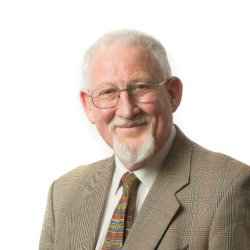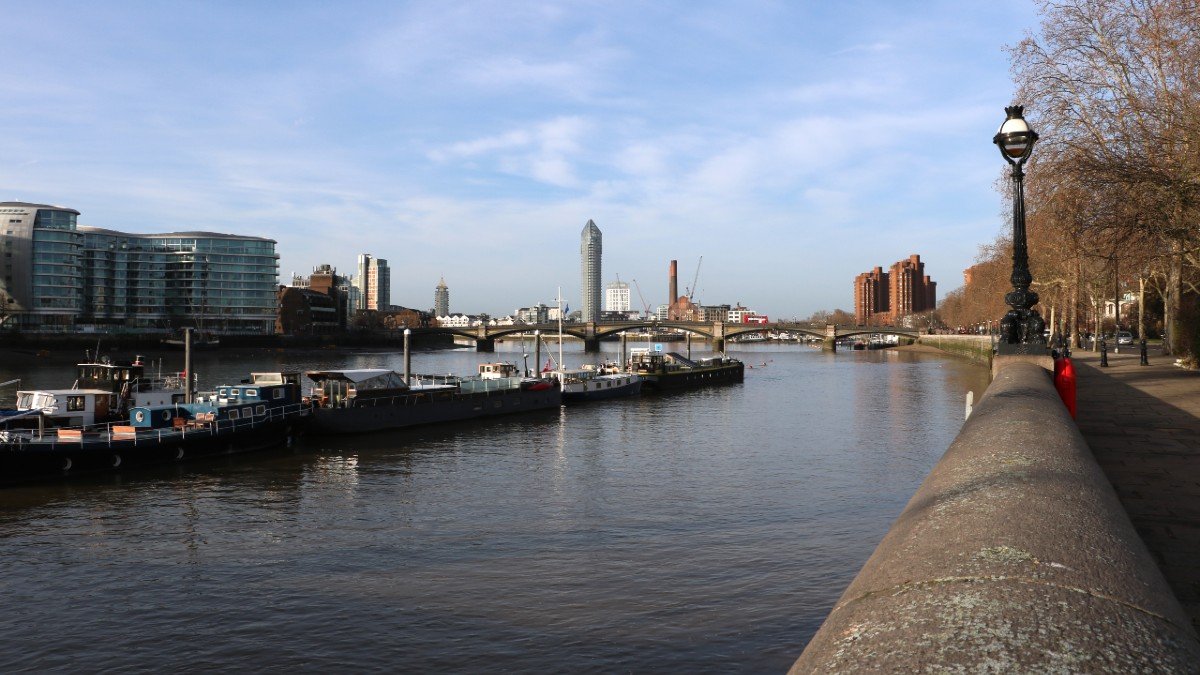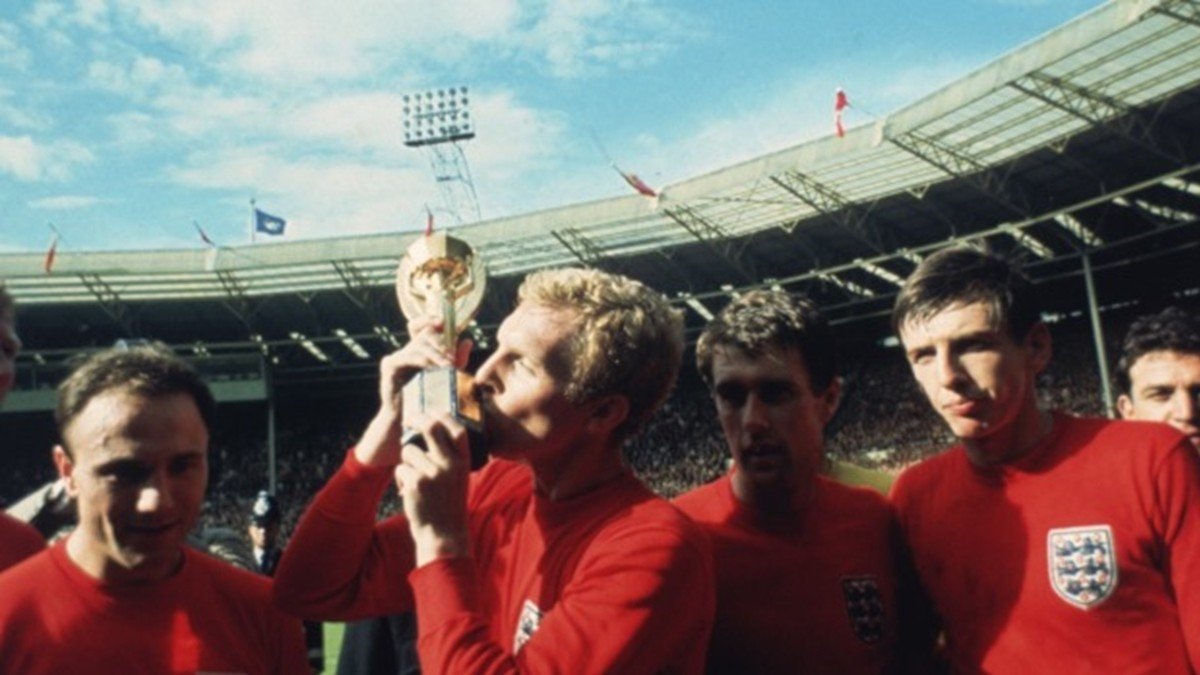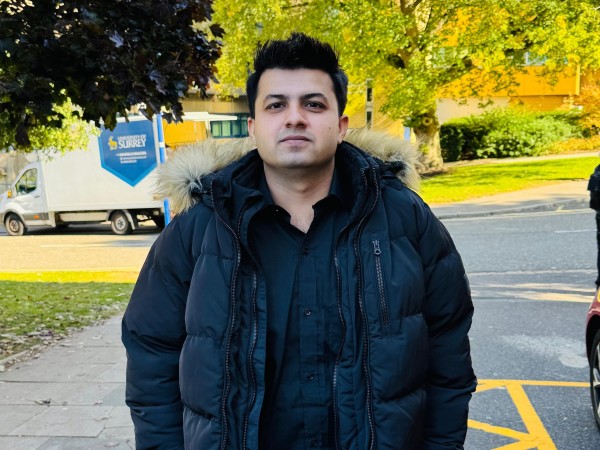
Dr Alan Millington
Alan is the winner of our Special Recognition Award in the Vice-Chancellor’s Alumni Awards.Alan started his long association with Surrey in 1962 when he studied for his BSc in Chemical Engineering at Battersea College of Technology, the forerunner to the University of Surrey.In 1968, he came to Guildford to take a role as a part-time lecturer and complete his PhD… and, 53 years later, he’s as passionate as ever to continue teaching.
Course
Chemical Engineering PhDGraduation year
1970Research project
Distillation Tray Hydraulics and Mass Transfer
Why did you initially choose to study at Surrey – or Battersea College of Technology – as it was then?
I failed my O level in German, which meant I couldn’t go to the universities where I’d applied. Fortunately, Battersea College of Technology were starting a BSc in Chemical Engineering. Having an O level in a foreign language wasn’t an entry requirement, so I left my home town of Doncaster and I moved to London to study in 1962.
Why did you study chemical engineering?
I was good at maths, chemistry and physics, and my school in Doncaster was forward-thinking about introducing pupils to careers in science and technology. We had day trips to various bastions of British industry. These included going down a coal mine or visiting the British Rail Plant Works where they built locomotives.
One trip was to the Distillers Company Chemical Production Complex in Hull. I quickly realised all the processes involved applications of maths, chemistry and physics. Different processes used different feed and produced different products. I was fascinated.
What were the best things about your course?
I realised I could do it. That was a major thing for me. My parents were quite poor and nobody in my family had been to university before. So discovering I could not only survive but thrive in this new environment was a revelation.
I enjoyed the studying, but I enjoyed the social side of student life, too. I played rugby for the University, I played a lot of bridge and I drank a lot of beer.
How did you change as a person at Battersea?
The confidence I got from realising that I could learn at this level was important. I also became more independent because I had to manage living on a budget and sharing accommodation with other people.
There was a maturing process, too. I did things like drank wine for the first time and attended formal dinners. For a working-class lad from Doncaster, these were new things.
What are your happiest memories of your time at Battersea?

Alan's first student digs in London were near the Chelsea Embankment and overlooked the Thames.
I enjoyed my first year living in Ralph West Hall. This was on Albert Bridge Road, which led onto the Chelsea Embankment. It was near to Battersea Park and the Power Station. I basically had a river view overlooking the Thames in my student digs.
We also had dances every fortnight in the Great Hall. Some of the best jazz bands in the world played the student circuit in the early 1960s and 1970s, so we saw amazing performers. When the dances weren’t on, there’d always be a student party.
Were you studious or did you revel in Swinging Sixties London?
I established a good balance between my academic life and my social one. There was a pragmatic reason for that. Because my parents were poor, I couldn’t afford to fail a year and retake it. To fund my A levels, I had to take a part-time job as a lab assistant at the school where I was studying because there no financial support coming from elsewhere. So if I’d have failed a year at university, it was degree over.
I remember my end-of-year exams were gruelling, involving sitting seven three-hour papers over a period of three and half days. I worked hard but I did play, too.
After your BSc, did you enter the world of work?

Alan headed to a mass celebration in London's Trafalgar Square when England won the 1966 World Cup.
In 1965, I took a job at Humphreys and Glasgow, which was based in Victoria in London, as part of a team designing a chemical process plant. But I realised I’d soon get bored of this, so in 1966 I went back to Battersea to study for a PhD in Distillation.
My highlight of that period was watching England win the World Cup at a friend’s house. We went to Trafalgar Square and joined in the celebrations. To this day, it was the biggest crowd I’ve ever seen, but it was also the most friendly. I remember chatting to a policeman while swigging a beer.
You came to Surrey in 1968 as a temporary lecturer and PhD student, didn’t you?
This was the period when Battersea College of Technology was moving to Guildford and becoming the University of Surrey.
I remember turning up to my office in the AC Building on my first day. The campus consisted of Senate House, the Senate House Restaurant, buildings AA, AB and AC, the Lecture Theatre Block and Battersea Court. The rest was a building site.
My office consisted of a telephone, a chair and a tea chest with a plank across it to act as a desk. On the plus side, the Vice-Chancellor, Peter Leggett, insisted that we were all fed well if we had to tolerate working in those conditions. He set up a catering marquee where buildings BB and BC now are. The surroundings were spartan but the food was splendid.
What are your memories of your first few years in the job?
Very early on, my head of department told me I was teaching three modules. ‘We’ve got notes for two of them, but you’ll have to research and write the other one up yourself,’ he said. He then added: ‘Can you manage the lab equipment coming over from Battersea and set the labs up here, too?’
I also got married around that time and I was a resident warden of student lodgings at Manor House in Godalming. For a brief time, I was Lord of Manor House! We even set up a bar there, which the students ran at a profit.
You’ve been at Surrey ever since. What is it about Surrey that made you want to stay?
Quite simply, I found a job I enjoyed in an environment that I liked. Interacting with bright and inquisitive minds and helping develop those is the best job in the world.
I’ve had offers to work elsewhere and return to industry with several big-name companies. If I’d have wanted a bigger house and more responsibility, I could have taken them. But teaching is what I wanted to do.
What do you consider to be your greatest career achievements?
I have been research active and published papers and filed patents, but I’d never claim to be a high-level researcher. Teaching has always been my main focus and seeing the students I’ve taught fulfil their potential has always given me joy.
That doesn’t just mean the people, such as Neil Chapman, the Senior Vice President at ExxonMobil, who have gone onto stellar careers in industry either. It also means the students who may leave with a 2:2 or a third who’ve relentlessly worked for that and go on to be brilliant teachers or succeed in other roles.
What’s your take on how the University has changed?
Apart from the obvious expansion and the growth of student numbers, it’s become more business-like and research-focused. I don’t necessarily see these as bad things, though.
The facilities have dramatically improved, too, and that means the students have a much better learning experience. That’s a key factor for me.
What’s your take on how the industry has changed in that time?
The UK’s status as a producer of high-tonnage chemicals has diminished. That’s largely down to profit and production costs being cheaper elsewhere.
There’s still a lot of innovation and talent in the UK. We have great skills in the design, procurement and commissioning of chemical process plants. Fluor in Farnborough, for example, do this and they employ a lot of Surrey graduates. The last time I visited them, it took me about 15 minutes to walk through the engineering floor as several former students came up for a chat.
What advice would you give to students wanting a long career in academia?
The current academic world is very research-driven. People entering it need to be aware that they need to carve out a specialist niche they can exploit and use to attract research funding. That swing’s happened over the past 25 years.
I hope there’ll always be a place for passionate teachers who can illuminate their subjects, inspire their students and administrate the courses. That’s vital to delivering a high-end education for undergraduates. That goal shouldn’t be forgotten in the rush for research funding.
Finally, what does it mean to receive a Special Recognition Award?
The Vice-Chancellor emailed me to say I’d won the award. At first, I wondered what it was because I’d previously been honoured with an award for 50 years of service at the University. But I’m glad that my efforts have been recognised. I’m proud to receive it and my daughters are pleased for me.
It’s poignant, too. It’s the last award I’ll receive. I have terminal cancer and I can’t delay the inevitable. But I’m still quite fit, despite the odd bit of tiredness from chemotherapy. I hope to keep teaching for a little while longer. That’s something useful that I can still offer and, quite simply, it’s what I do and it’s what I love.

